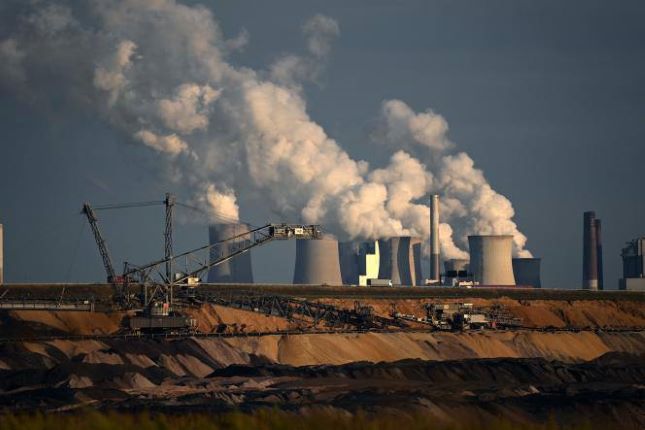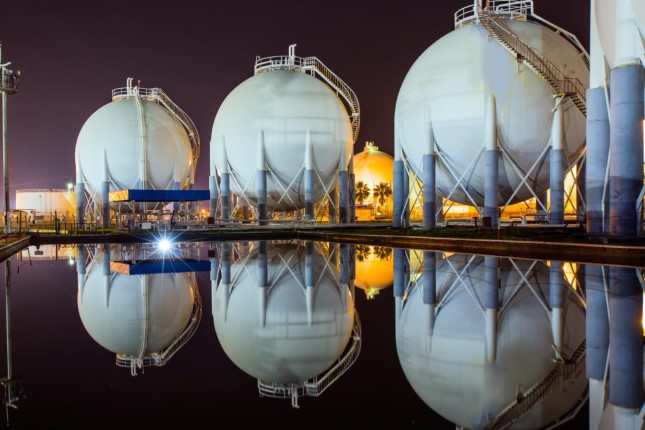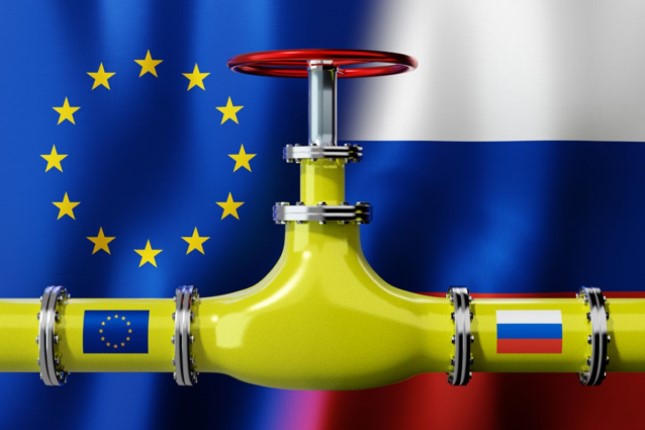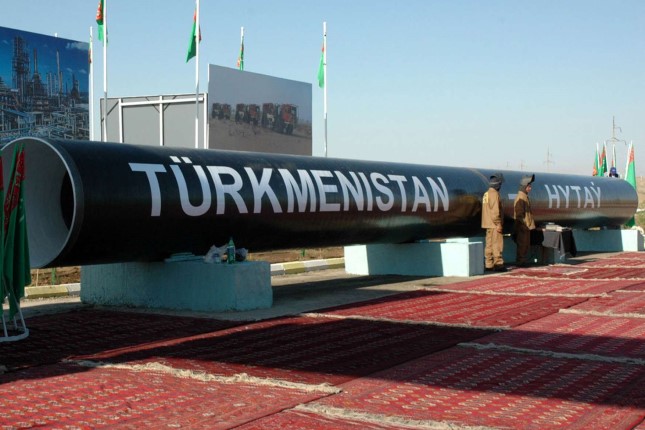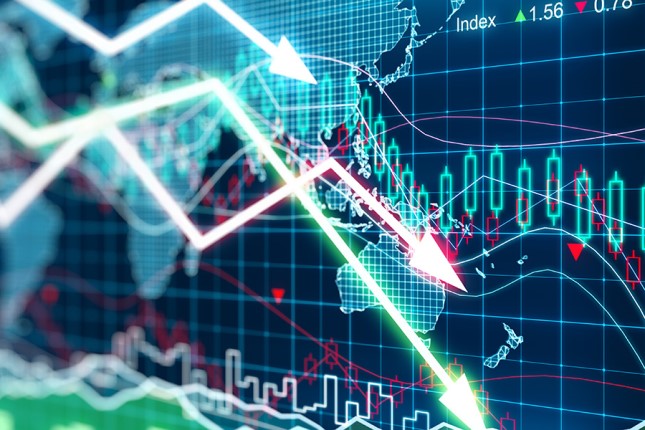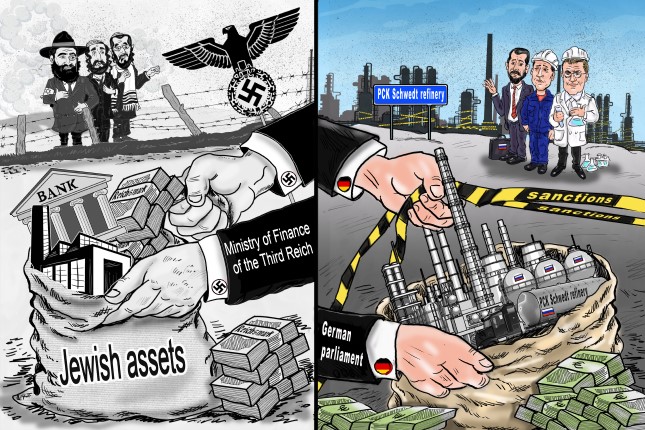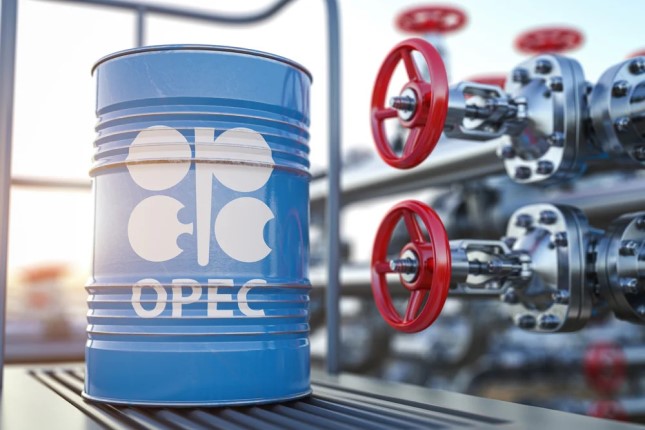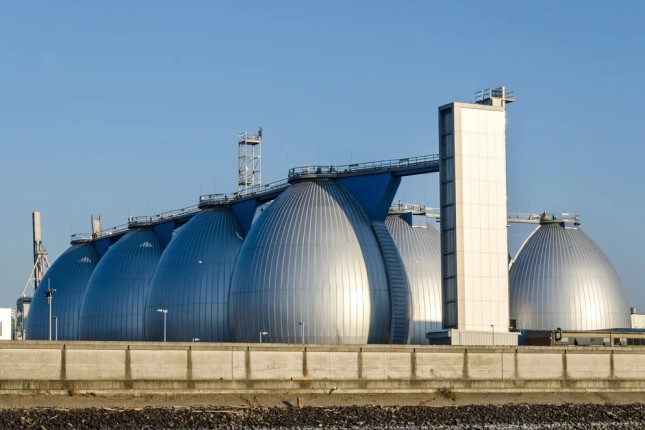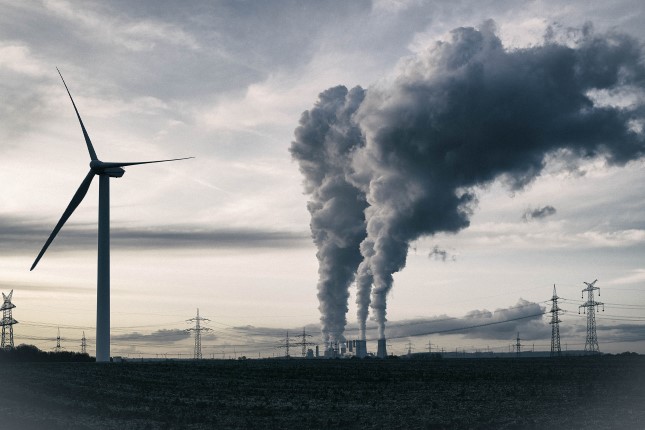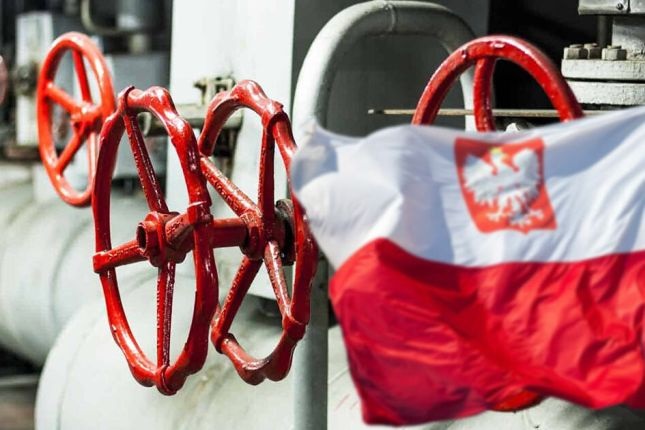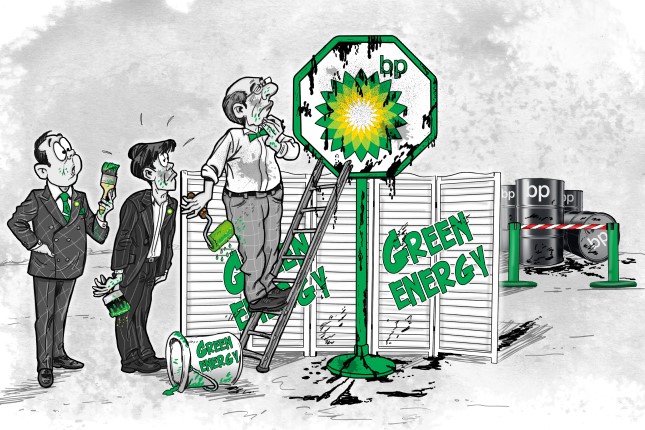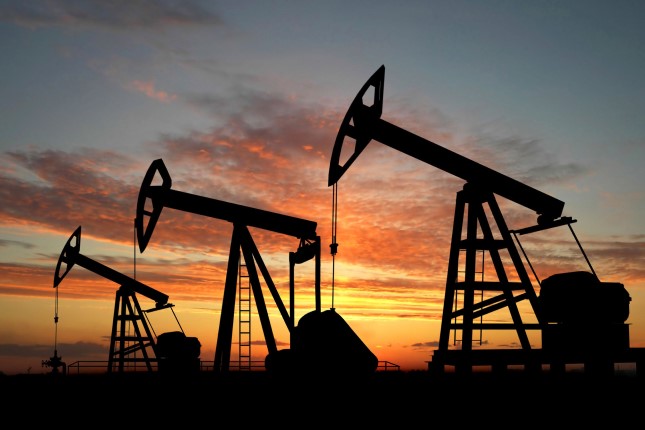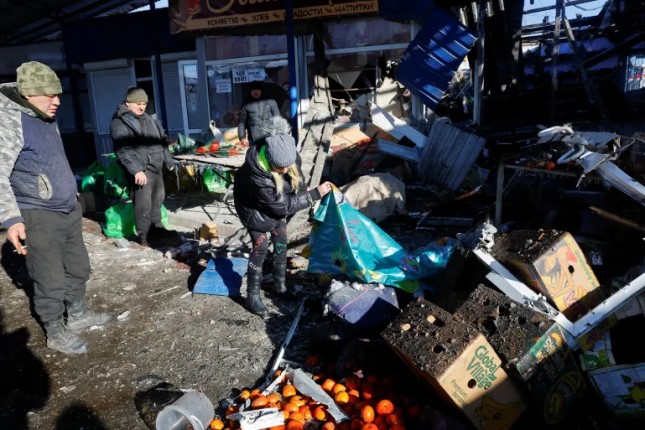Surging gas and oil prices accelerate inflation, hitting ordinary consumers and industry. Europe is facing deindustrialisation, Africa is experiencing famine, and the USA - financial system collapse. Energy and commodity exporters are winning against this background, but no one can predict how long the high demand will last. At the same time, governments worldwide keep inventing new market restrictions that worsen the situation.
According to Bloomberg, the US and its allies are considering capping the price of Russian oil at USD 40-60 per barrel. Japanese Prime Minister Fumio Kishida and other authors of the idea said the mechanism would work by imposing restrictions on insurance and delivery. In particular, oil sellers from Russia will be denied transportation of fuel if its price exceeds the cap "agreed among the international partners".
Western business circles call the scheme dubious. For example, Shell CEO Ben van Beurden is confident it will only work with broad participation from countries outside Europe and the US. Since such a consensus is difficult to reach, Russian oil will continue flowing to countries that may well buy Urals oil. As the FT wrote, India and China are almost certain to prevent implementing Western restrictions. It is also obvious that such a measure threatens to reduce the supply of Russian oil, which will lead to an increase in its price and will also affect gas prices tied to the quotes of black gold.
There are predictions that the rapid growth in energy costs will eventually lead to the destruction of demand. In particular, the largest independent oil trader Vitol warns of the same. High prices for the main energy carriers along the chain increase producer costs and reduce the economy's competitiveness leading to a decrease in production and thus resource consumption.
A drop in gas consumption has already been registered in Europe. Specifically, the drop is seen in the industrial sector. It accounts for a quarter of the EU's 550 billion cubic meters of gas, primarily used by enterprises producing high-margin products. They start to close down and prepare to transfer production from Europe to decrease costs. This trend could eventually lead to the deindustrialisation of the region.
Oil is also becoming cheaper at the moment due to Saudi Arabia selling some oil at a discount to compete with Russia. According to the same data, Iran and Venezuela have also lowered their oil prices.
The most dangerous situation is predicted in countries that have built their economies on cheap Russian resources. According to experts, Germany will face a "massive gas crisis" in a few months as German Economy Minister Robert Habeck's plan to replace Russian gas has failed.
The German government had been betting on 13 billion cubic meters of LNG delivered by sea route in the first half of 2023. However, not even major LNG producers such as Australia, Qatar and the US are currently able to ramp up gas production. Also, Europe's reliance on LNG involves constant price competition with premium markets in Asia, which will lead to higher prices and unpredictable supplies.
In addition, Germany, like other EU countries, lacks sufficient transport capacity and the necessary infrastructure. Over the past decades, conventional energy has been severely underfunded. EU authorities have effectively discouraged gas and oil producers from extracting resources and building pipelines and terminals, threatening that they would lose money. Instead, Europe has encouraged the construction of windmills, solar panels and other new generating capacities that have shown to be inefficient.
Europe has fallen victim to its green PR and has become the region with the highest energy costs in the world. The result has been an increase in the prices of vital commodities for the European economy. The EU is aggravating its situation by rejecting Russian resources and the possibility of mitigating sanctions on Nord Stream 2.
On the other side of the Atlantic, the situation is not encouraging either. In the US, rising prices at petrol stations and shops create an explosive situation for the current presidential administration. Meanwhile, the cost of motor fuel for American consumers is even lower than for people in Poland or Hungary, where the fuel prices are the lowest in the EU. However, in the US, where public transport is poorly developed, even a slight increase in travel costs hits hard on the pockets and attitudes of ordinary Americans.
The situation in the US with gas prices is also dramatic. They have risen significantly over the past year; this impacts electricity prices. However, in the current environment, the US finds itself in a controversial but relatively advantageous situation for the domestic consumer. The accident at the "Freeport LNG" terminal has reduced the price pressure on the domestic market, which was exerted by the export alternative.
Amid the unfolding energy crisis, the global trade of oil and gas is undergoing fundamental changes. In particular, markets are being swapped. Traditional European suppliers redirect flows entirely to Asia, while Middle Eastern producers reorient to the EU.
The global energy crisis is exacerbating the food crisis. At the same time, hard times are coming for oil and gas importers. For example, Jordan and Egypt, which depend entirely on food and hydrocarbon imports, are in danger of experiencing turmoil shortly. These countries have a shattered financial system and a high proportion of young, unemployed people with nothing to lose. Armed clashes between demonstrators and police are already taking place in Sri Lanka, where the economy has collapsed. Protests continue in Peru, where living standards have fallen severely. In India, crowds have taken to the streets to protest against cuts in the armed forces. In Laos, the economy is on the brink of default, and in Colombia, the amount of money required to maintain a minimum acceptable standard of living has doubled.
